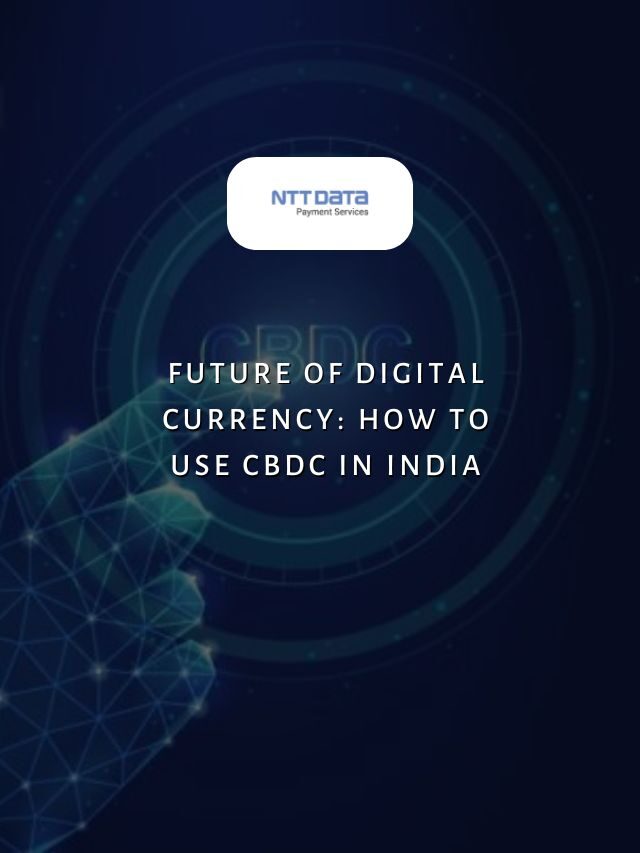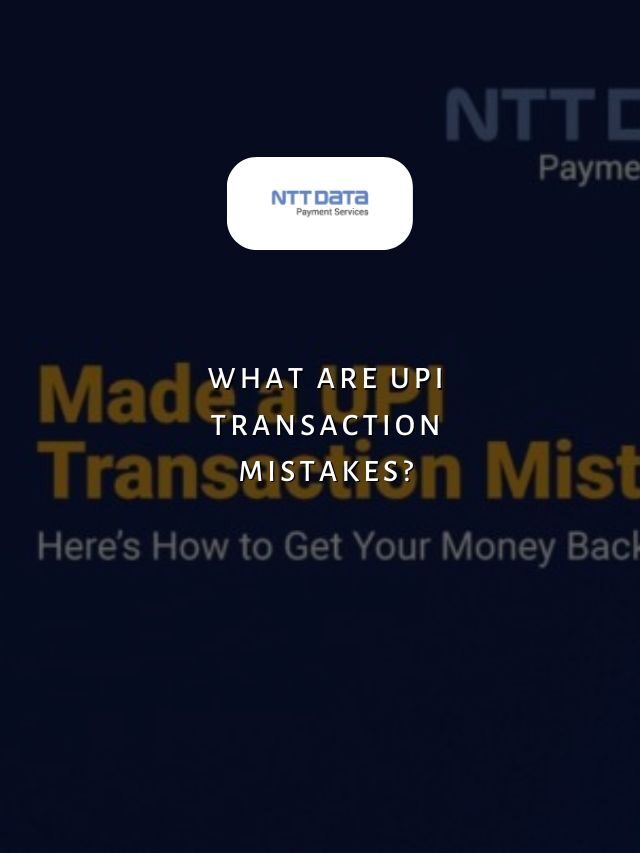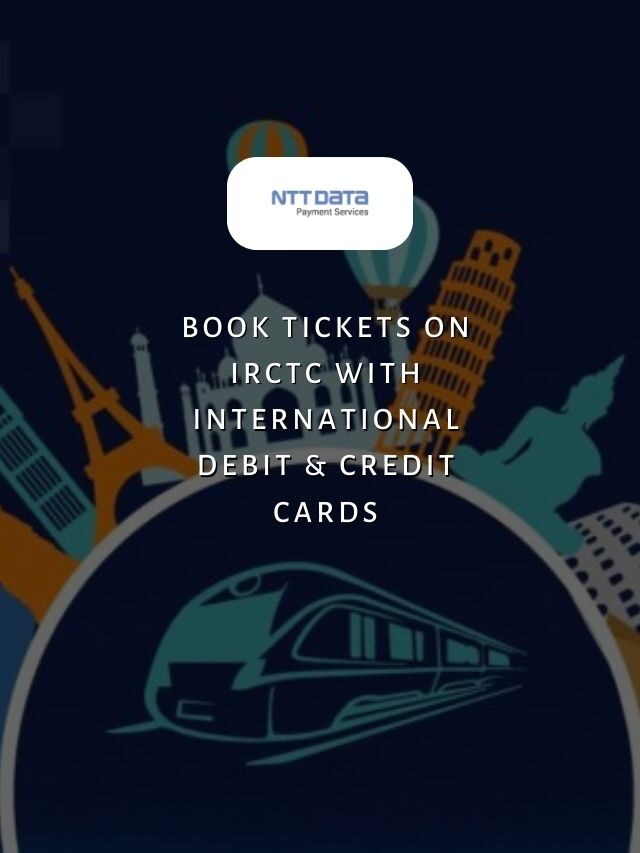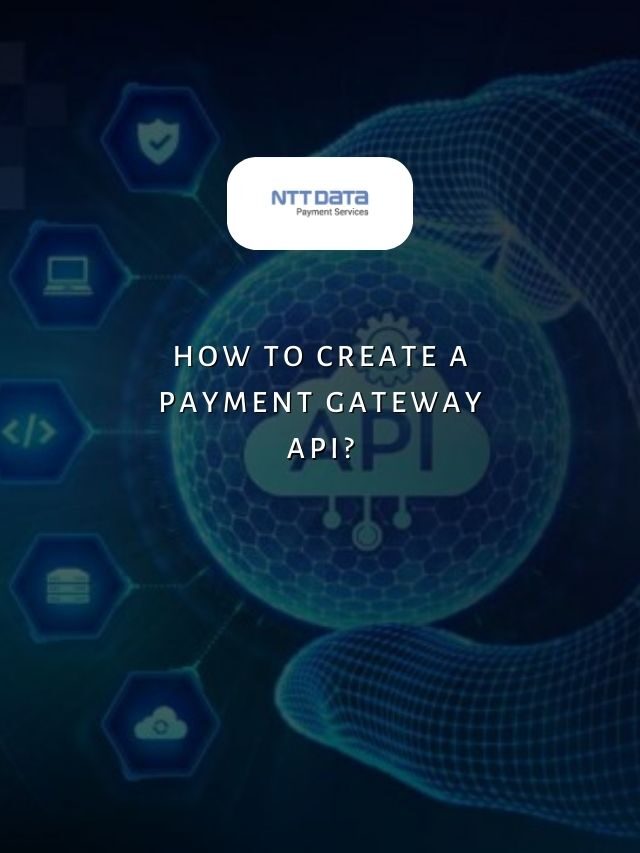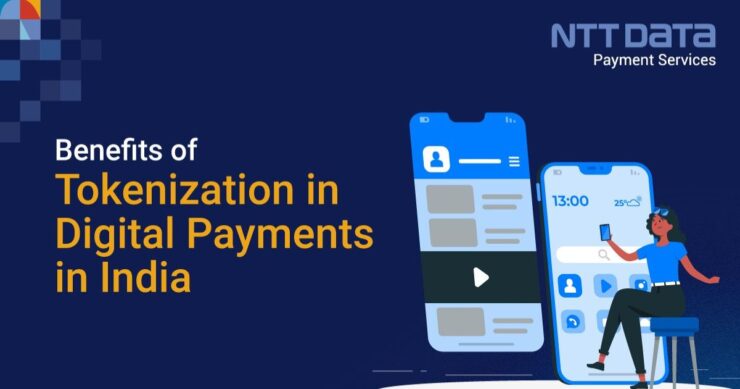
Table of Contents
Tokenisation is the process of replacing sensitive payment data with unique identification tokens during online transactions. In this blog, we will discuss the benefits of tokenisation in digital payments in India and how it enhances security and privacy for users.
Understanding Tokenisation in Digital Payments in India
With the rapid growth of digital payments in India, the security of financial transactions has become a significant concern. Storing actual payment card details like credit/debit card numbers on merchants’ servers or in apps poses security risks.
If these servers are compromised, customers can suffer financial losses. To address this, the Reserve Bank of India (RBI) mandated the tokenisation of card transactions on October 1, 2022.
What is Tokenisation in Digital Payments?
Tokenisation refers to the process of replacing actual card details with unique identification tokens using a secure tokenisation system. These tokens are then used to facilitate payments without exposing the actual card numbers.
When a customer makes an online payment, their card details are sent to the token requestor (merchant/app provider), who forwards them to the card network. The card network generates a unique token and sends it back to the merchant.
The merchant then stores this token safely instead of actual card details. Subsequent payments can be initiated by sending this token to the card network without sharing real card numbers.
Recent Web Stories
Top 7 Benefits of Tokenisation in Digital Payments
Here are the top 7 benefits of implementing tokenisation in digital payments in India:
1. Enhanced Security:
Tokenisation eliminates the risk of data breaches by not storing actual card details with merchants. Even if servers are hacked, only tokens are compromised, not real payment credentials. This provides stronger security to customers. With tokenisation, customers can shop online safely without worrying about the security of their sensitive payment information.
2. Privacy Protection:
With tokens replacing card numbers, users’ financial information remains private. Unlike card numbers, tokens cannot be used to build transaction histories, enhancing privacy in digital payments. Tokens ensure that each payment transaction is disassociated from others, shielding consumers from privacy breaches.
3. Compliance with Regulations:
Tokenisation helps merchants comply with data storage regulations like PCI DSS which mandate protection of cardholder data. It limits their scope to just tokens. With tokenisation, merchants store only tokens instead of actual card data for transactions.
This reduces their PCI DSS audit scope and simplifies compliance. Tokenisation significantly improves security and helps merchants ensure compliance with PCI DSS and other data protection laws.
4. Seamless User Experience:
Customers don’t need to re-enter their card details for future transactions on trusted sites, as a unique token is generated to mask the real card credentials during the initial transaction. This enhances checkout convenience, saves time, and improves convenience as users can simply check out with one click without re-entering their payment details.
5. Reduced Dropouts:
Tokenisation helps reduce shopping cart abandonment rates by easing users’ checkout process. When card details are saved using secure payment tokens, users no longer have to manually enter their credit/debit card numbers for every purchase.
This fixes a major pain point for buyers that leads them to drop out of the purchase funnel. By simplifying transactions with tokens, merchants can significantly lower dropout rates. Users face less friction and are more likely to complete payments.
6. Multi-Device Payments:
The customer experience is enhanced as they no longer need to manually enter card details each time and can pay from any browser or application. Tokenisation allows the convenience of making payments from any browser, app, or device using saved tokens and removes device dependency, benefiting both customers and merchants.
7. Supports Emerging Payment Options:
Tokenisation allows seamless integration with emerging payment options like UPI, wallets, etc., ensuring a consistent experience across platforms. Similarly, digital wallets are being used more often.
With tokens, money can be seamlessly loaded from cards to wallets with just a click. This ensures users enjoy a consistent experience across new payment channels as well as traditional online and in-store payments.
Access Secure and Seamless Online Payments with NTT DATA Payment Services
NTT DATA Payment Services offers a complete payment solution to advance both your offline and online businesses from,
- Online Payment Gateway in India
- POS machines
- IVR payments
- Mobile applications, and
- Bharat QR Scan and Pay
We ensure maximum comfort, convenience, and safety for all your payments. Our solutions generate, store and process tokens to enable frictionless checkout experiences while fully complying with data privacy and security regulations. Merchants can integrate our APIs to tokenise card transactions and offer a consistent payment experience across all touchpoints.
Conclusion
Tokenisation is a game-changing technology that significantly boosts security, privacy and user convenience in digital payments. The benefits of tokenisation in digital payments likely reduced fraud, PCI compliance, and seamless multi-device payments outweigh the implementation costs. As digital payments continue to rise in India, tokenisation will play a pivotal role in establishing trust and driving further adoption of online transactions. It is the future of secure online payment processing.
| Also, you can get frequent updates on nttdatapayments Instagram page. |
Frequently Asked Questions (FAQs)
1. What is tokenisation in digital payments?
Tokenisation refers to the process of replacing actual card details like credit/debit card numbers with unique identification tokens or encrypted values called tokens during online transactions. This masks the real card data and enhances security.
2. How does tokenisation work?
When a customer makes an online payment, their card details are sent to the token requestor (merchant/app provider), who forwards them to the card network. The card network generates a unique token and sends it back. The merchant then stores this token instead of actual card details to process future payments.
3. What are the benefits of tokenisation?
The key benefits are enhanced security by not storing actual card data, privacy protection as tokens don’t reveal transaction histories, seamless user experience via one-click payments, reduced dropout rates, support for multi-device payments and emerging payment options.
4. How does tokenisation enhance security?
Tokenisation eliminates the risk of data breaches, as merchants don’t store actual card details. Even if servers are hacked, only tokens are compromised, not real payment credentials, providing stronger customer security.
5. How does it help with compliance?
Tokenisation limits merchants’ scope to tokens, helping them comply with PCI DSS, which mandates the protection of cardholder data. This simplifies audits and compliance requirements.

